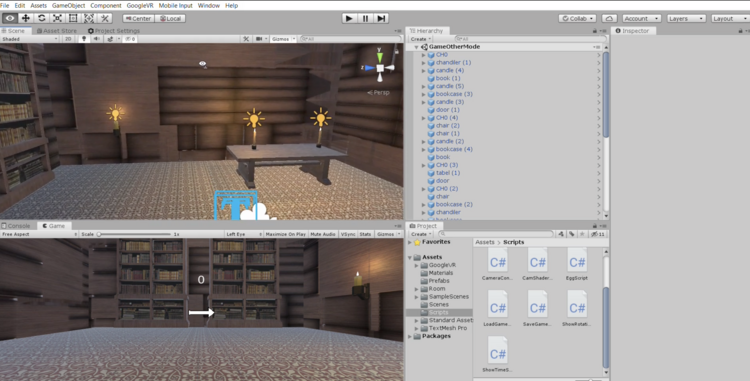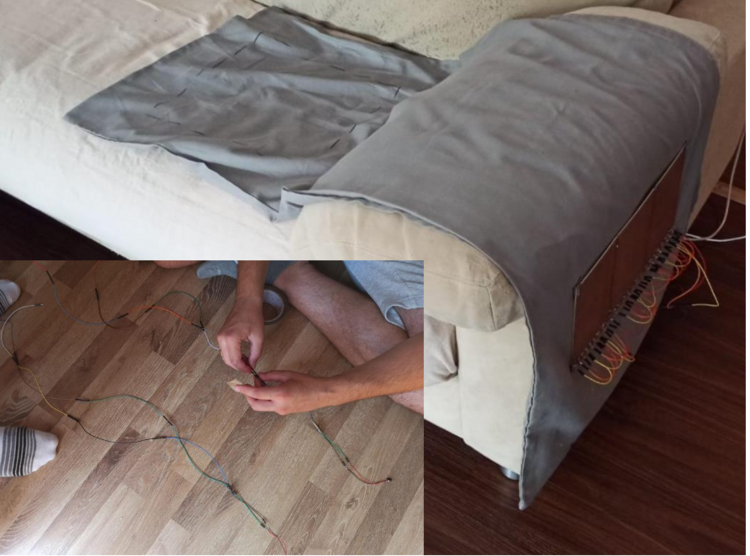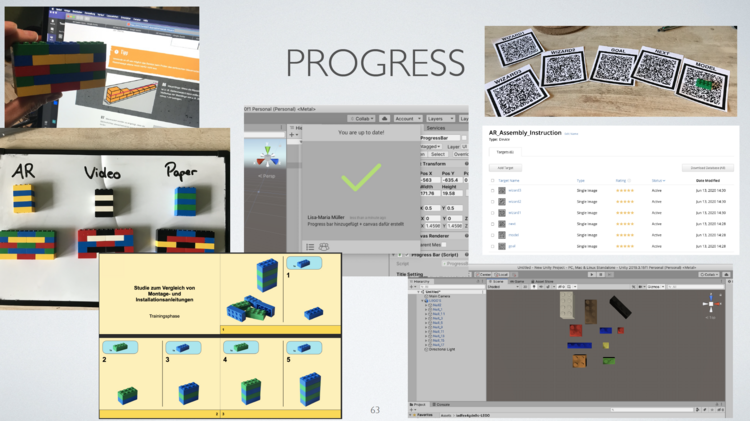Human-Computer Interaction
Office
Claudia Martsfeld
Universität Oldenburg
Department für Informatik
Escherweg 2
26121 Oldenburg
Tue/Thur/Fri von 9 - 15hrs
+49 (0) 441 - 97 22 201
+49 (0) 441 - 97 22 202
Management
Prof. Dr. Susanne Boll
Universität Oldenburg
Department für Informatik
Medieninformatik und Multimediasysteme
Escherweg 2
26121 Oldenburg
+49 (0) 441-9722 213
+49 (0) 441-9722 202
Tutor
Michael Chamunorwa
Universität Oldenburg
Department für Informatik
Medieninformatik und Multimediasysteme
Escherweg 2
26121 Oldenburg
Nach Absprach
Human-Computer Interaction
Lecture and Tutorial Human-Computer Interaction
| Module code | inf100 |
| Language of Instructions | English |
| Target Group | Master |
| Stud.IP | elearning.uni-oldenburg.de/dispatch.php/course/details |
| Area | Applied Computer Science |
| SWS | 2 + 2 |
| ECTS | 6.0 |
Module Content
The module covers research methods in the field of human-computer interaction. It discusses the core principles of human-computer interaction and the human-centered design process and its phases, context of use, requirements, and task analysis, prototyping and evaluation. Research methods used in the different phases of the process are introduced and discussed.
Available design options for human-machine interfaces are presented and discussed with regard to human perception capabilities and their limitations. The module discusses methods for user research, including surveys, diaries, case studies, interviews, and focus groups, as well as physiological measurements.
The module goes into further detail on evaluation methods, and introduces the foundations of experimental research in human-computer interaction, including types of research, research hypotheses, experimental design, and statistical analysis.
During the practical project, a concrete human-computer interface will be designed, developed and evaluated.d evaluiert.
Placement in the Curriculum
The Module Human-Computer Interaction is an elective compulsory module for practical computer science. The module is offered as a lecture with an accompanying practical project of 6 ECTS (2VL + 2PR). The expected workload is 180 hours with an 56 hours of expected attendance time. The module is designed as a master module and involves independent project work in small teams. The module can also be heard in the Bachelor.
Past Projects



Learning Goals
With the help of suitable resources, the students can design, prototype, and evaluate a human-machine interface following the user-centered design process (HCD).
PROFESSIONAL COMPETENCE
The students
- can describe and explain the HCD process.
- can classify an unknown method into the HCD process when they are presented with a brief description.
- can select a suitable prototyping approach for a given application.
- can select a suitable prototyping method for a given application.
- can apply selected prototyping methods to create an interactive system.
- can name basic characteristics of human perception and motor skills and explain their importance for the development of interactive systems.
- can suggest and motivate improvement for a given user interface based on the gestalt laws.
- can explain the characteristics of human visual search and utilize it to improve given interfaces.
- can critically compare several variants of an interactive system’s concept based on the "Multiple Resource Theory".
METHODICAL EXPERTISE
The students
- can critically compare and select methods for context of use and/or user requirements analysis.
- can apply methods for context of use and/or user requirements analysis to a real-world example.
- can retrospectively discuss and evaluate the use of a method for context of use and/or user requirements analysis.
- can plan, moderate and evaluate an ideation session.
- can formulate a precise research question based on a given problem description.
- can discuss the advantages and disadvantages of an experiment design.
- can select a suitable experiment design for a given research question.
- can define hypotheses and null hypotheses for a given experiment.
SOCIAL COMPETENCE
The students
- can work out solutions for a given design problem in group work.
- can present solutions to design problem in the plenum.
- can motivate their methodical approach to a design problem.
- can discuss their designs and results in an appropriate and professional manner with the plenum.
- can accept criticisms by their peer group as valuable contributions to their designs.
PERSONAL COMPETENCE
The students
- can accept and learn from mistakes made during the design process.
Enrollment
Registration for the module takes place in the first semester weeks via the learning management system Stud.IP. The students will receive detailed information on attendance, tasks and dates in the first course at the beginning of the semester as well as in the learning management system Stud.IP.
Literature
[1] Lazar, Jonathan, Jinjuan Heidi Feng, and Harry Hochheiser. Research methods in human-computer interaction. Morgan Kaufmann, 2017.


